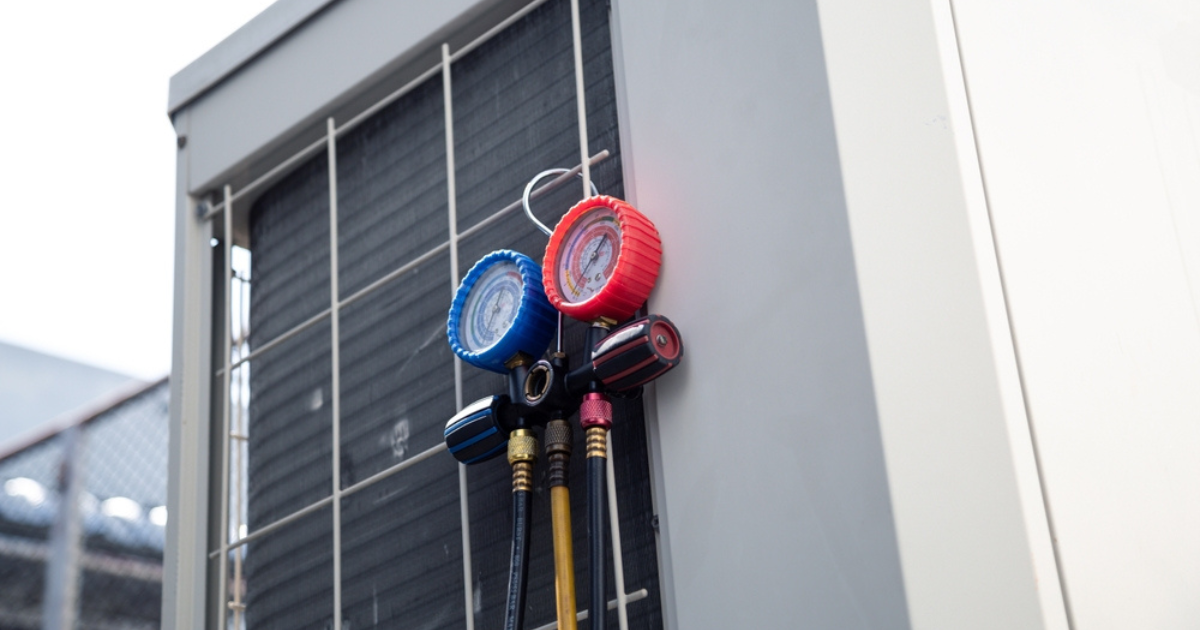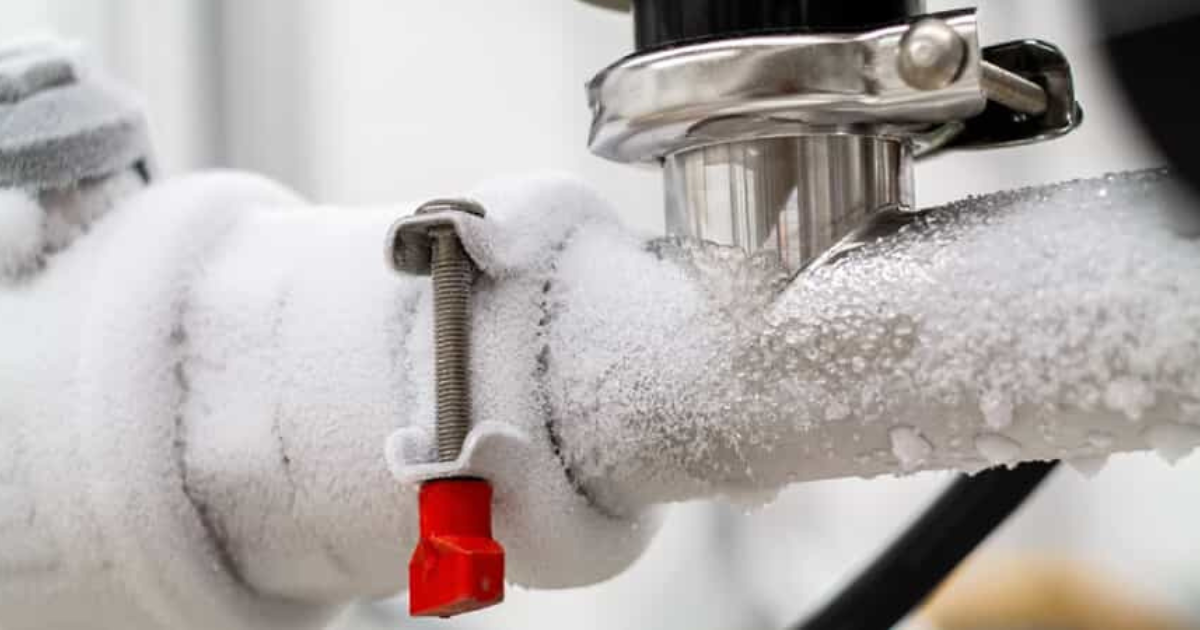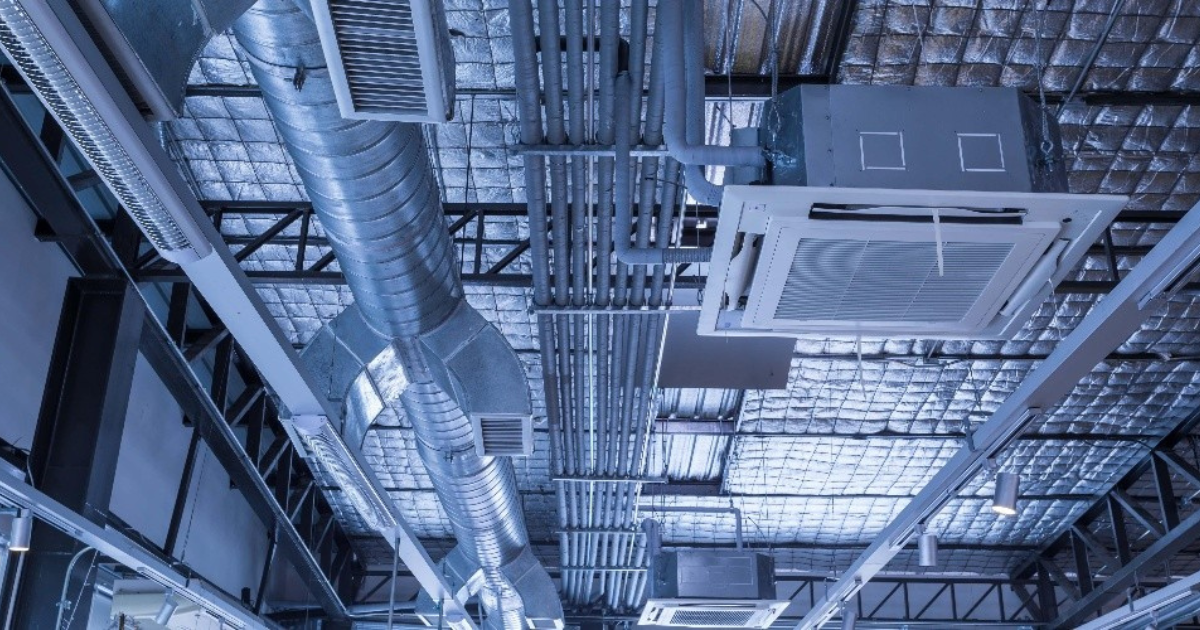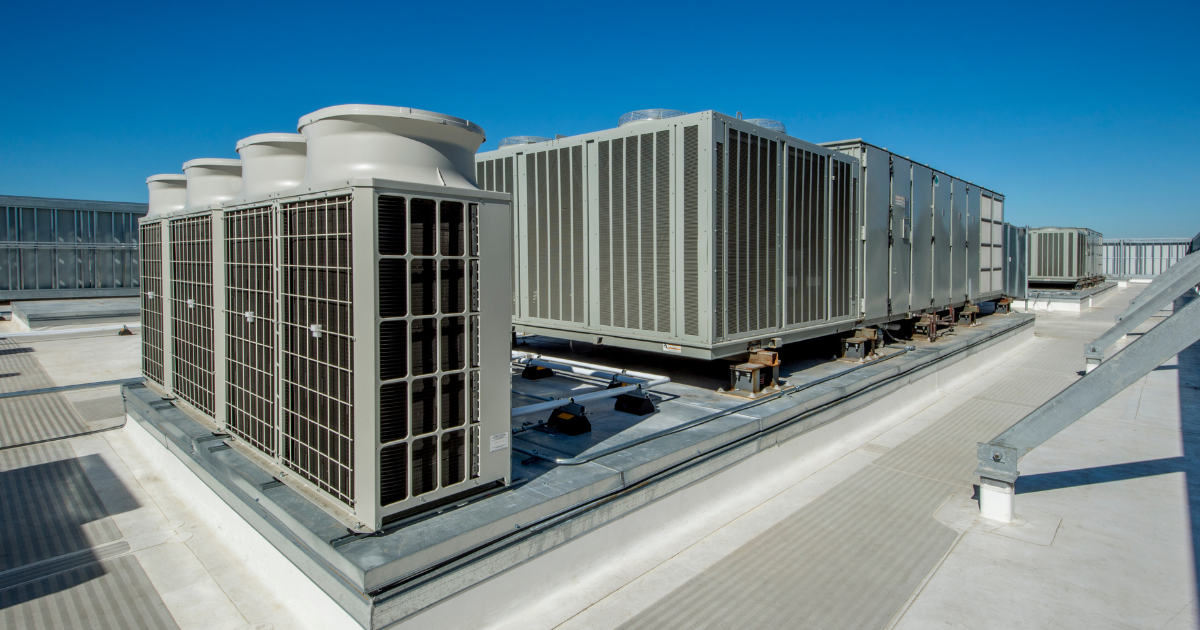Single vs Variable-Speed Blowers: Does it Matter?
Single-Speed Blowers
If your furnace or heat pump is more than 10 years old, it likely has a single-speed air handler (blower). Single-speed blowers work like a light switch: they’re either on (blowing at maximum speed) or off (not blowing). Single-speed units have been the standard, most affordable option, but they have some disadvantages.
Disadvantages of Single-Speed Blowers
- It uses more electricity.
- It causes large swings in temperature: from too cold to too hot. And because the air does not circulate at all when the blower switches off, the heated air rises to the ceiling. This is why we recommend running ceiling fans on low, even in the winter.
- When the blower comes on, you hear a loud rush of air and it can be noisy. Plus, the surge of electricity it consumes may cause your lights to dim for a second each time it kicks on.
- Because there are periods when the blower is not blowing at all, humidity control suffers. In the summer, the air only moves through the de-humidifier when the blower is on (actively blowing), and humidity builds up when the blower cycles off.
- The constant cycling on and off makes for more wear-and-tear on all the components, and could cause the system to breakdown sooner.
Variable-Speed Blowers
Over the last 10 years, technology has continued to advance, making variable-speed motors less complex, more reliable, more responsive, and more commonplace on HVAC units. A variable-speed blower runs at different speeds to precisely control the flow of heated or cooled air throughout your home.
On a mild day, the blower runs slower. The AC or heat runs in longer cycles so the indoor temperature does not spike up and down, thus making overall efficiency higher. Variable-speed blowers offer the highest efficiency and performance. The AFUE (annual fuel utilization efficiency) of a furnace with a variable-speed blower may be as high as 95%.
Advantages of Variable-Speed Blowers
- Sensitivity: Since it operates at different speeds, it can adapt to the unique airflow requirements of a home at any given point in time. For example, it can compensate for the amount of dirt in the air filter or blocked vents by increasing the fan speed.
- Efficiency: It always operates at the lowest speed required, thus it saves electricity, and is less costly to operate. This increases efficiency and allows the unit to use about two-thirds less electricity. This results in a 40% year-round energy savings (about 75% of that savings is in heating).
- Quieter: Whether running AC or heat, the unit is quieter because most of the time it is not operating at full speed. Plus, it gradually ramps up to full-speed when needed, eliminating the sudden noisy blast of air common with single-speed units.
- Comfort: A variable-speed unit will keep you more comfortable because it keeps the temperatures more constant – eliminating the wide swings of too cold and too hot which results from single-speed systems cycling on and off.
- Air Circulation: It circulates air continuously, with fewer “off” cycles, allowing more air mixing and preventing the trapping of hot air near the ceiling. In the summer, it allows the air-conditioner to remove more moisture from the air, decreasing humidity to make you feel more comfortable.
- Air Quality: Because your air filter is only filtering particles when the air is moving through it, having a variable-speed blower means more air will be filtered. This means leaving fewer particles to be deposited in your living space, which may translate into fewer allergens and less dust.
- Longer Life: Since a variable-speed blower is not having to constantly cycle on and off, there is less wear-and-tear and thus fewer breakdowns and a longer operating life for the system.
- Payback: Although the tax credits have expired for buying a high-efficiency variable speed HVAC unit, it is still a wise purchase. This is because the reduced costs (less electricity consumed, fewer breakdowns) during operation mean you’ll get a return on investment (ROI) in just 4-5 years.
Does it Really Matter?
Bob, a homeowner who recently had a variable-speed HVAC system installed, says “There is a big difference… it does a better job of keeping warm and even throughout the room.” His old system was quite noisy, so that has been a big improvement, too. One feature Bob likes about his furnace now is that “it waits until the furnace is warm before it starts to blow hard.”
What System is Right for You?
If you live in the Nashville TN area and need help deciding between the various types of systems on the market and determining which one is best for your needs, give us a call at (615) 832-8500.





